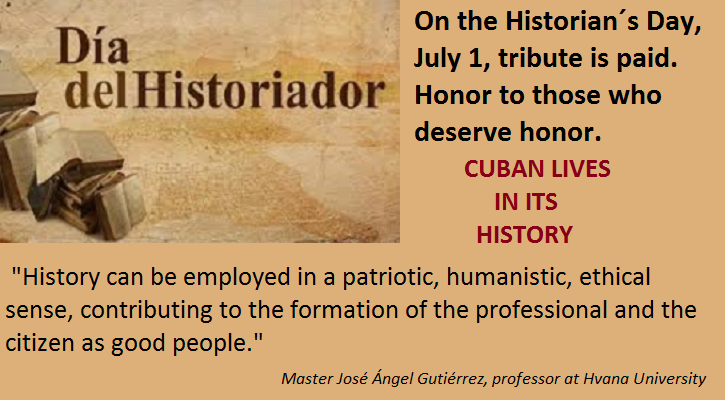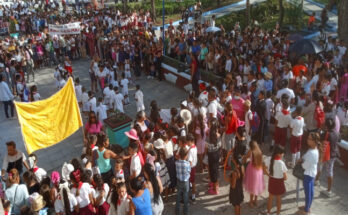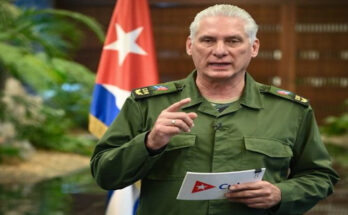History as an analysis of the past and a way of understanding present and future processes is fundamental when building a nation based on knowledge. In the midst of disinformation campaigns and misrepresentation of the past, historical science must contribute all its wealth of knowledge to interpret an extremely complex reality.
There is no nation without history. The Republic cannot be built without the knowledge of its children, without understanding the processes that brought us to this point. Men make their destiny, but they do not do it at their own free will; it is their own history that imposes the circumstances on them.
nderstanding this history is essential to understand the present and the future that is being built.
To enter the grounds of University Hill is to be in direct contact with knowledge. The students sitting on the stairs, the names of the great thinkers written on the porticos, the feeling that inhabits each place. And on one side of the staircase, the faculty where the future Cuban historians are trained, who today July 1st celebrate their day.
The subject of history comes back constantly to our media. Some see this discipline as the sum of facts, dates and figures written in dusty books or the pure repetition of elements. From the Faculty of Philosophy, History and Sociology (FFHS) of the University of Havana, the challenges facing the teaching of history and the role of the historian in society are a permanent concern.
“History can be employed in a patriotic, humanistic, ethical sense, contributing to the formation of the professional and the citizen as good people,” so says Master José Ángel Gutiérrez, professor of this faculty. “The history taught in all university courses should make them think, develop analytical and critical skills that help them in the rest of the subjects. But it is not enough to repeat the facts, we must make the students understand the processes, show them the lights and shadows, so that they see that our development and the social project we defend is based on a logic, and not on impositions”.
This can be seen with special depth in the history program itself, from which the professionals in this discipline graduate. “The curriculum that we are just implementing has new subjects, new approaches, the product of a broad debate that included many criteria that were taken into account. Although it has not yet been able to develop all its potentialities because we have been marked by the COVID context that has forced us to reduce the time”, says the professor.
Yasiel Santos, a second-year student, also agrees: “We have been hit hard by the lack of time due to the pandemic, which has forced us to tighten the content. But the training is very good, it guides you in the study, in the analysis, according to the importance of history for society, which is fundamental”.
“Although the results of this study plan should be analyzed when several generations graduate, I consider that the training is very good,” continues the professor, also president of the grassroots section of the Union of Historians of Cuba (UNHIC) at the FFHS, “at the height of the history that is carried out at the international level. Perhaps what strikes us most is the situation of the country that hinders research and the lack of socializing the knowledge that is produced here so that it has a greater impact. We have to unite with other faculties of the University and institutions outside it, a relationship that has improved but is still insufficient, and in which UNHIC has played an important role.
“The social scientist has much to contribute to society, he is not a useless scholar; any project must include the social sciences: sociology, philosophy and also history. The possibilities of inserting a historian in a social development project are not the same as those of technical specialists, when we can contribute many elements to enrich it, for which we must create more effective mechanisms.”
(With information from Havana Tribune)




